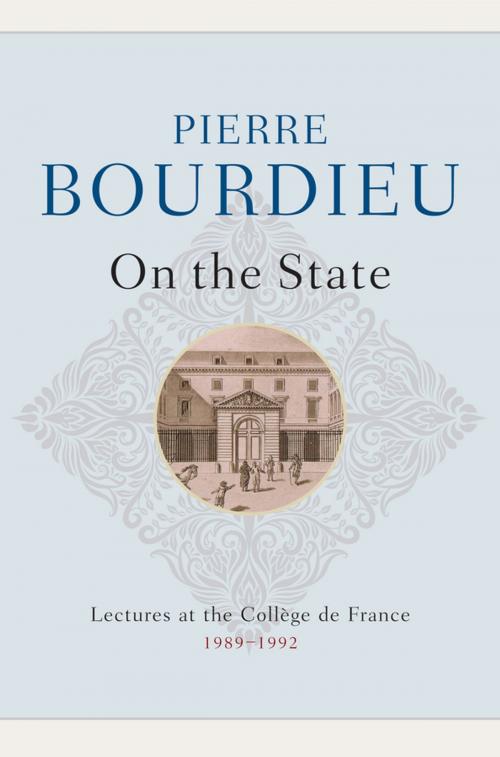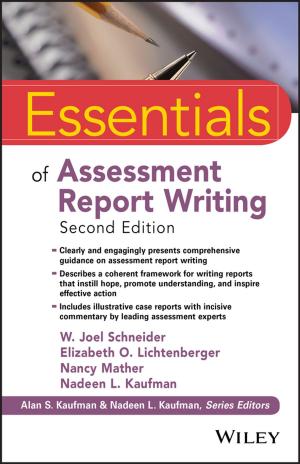| Author: | Pierre Bourdieu | ISBN: | 9781509533916 |
| Publisher: | Wiley | Publication: | May 18, 2018 |
| Imprint: | Polity | Language: | English |
| Author: | Pierre Bourdieu |
| ISBN: | 9781509533916 |
| Publisher: | Wiley |
| Publication: | May 18, 2018 |
| Imprint: | Polity |
| Language: | English |
What is the nature of the modern state? How did it come into being and what are the characteristics of this distinctive field of power that has come to play such a central role in the shaping of all spheres of social, political and economic life?
In this major work the great sociologist Pierre Bourdieu addresses these fundamental questions. Modifying Max Weber’s famous definition, Bourdieu defines the state in terms of the monopoly of legitimate physical and symbolic violence, where the monopoly of symbolic violence is the condition for the possession and exercise of physical violence. The state can be reduced neither to an apparatus of power in the service of dominant groups nor to a neutral site where conflicting interests are played out: rather, it constitutes the form of collective belief that structures the whole of social life. The ‘collective fiction’ of the state – a fiction with very real effects – is at the same time the product of all struggles between different interests, what is at stake in these struggles, and their very foundation.
This systematic inquiry into the genesis and nature of the modern state provides the critical instruments needed for a more lucid understanding of the wellsprings of domination.
What is the nature of the modern state? How did it come into being and what are the characteristics of this distinctive field of power that has come to play such a central role in the shaping of all spheres of social, political and economic life?
In this major work the great sociologist Pierre Bourdieu addresses these fundamental questions. Modifying Max Weber’s famous definition, Bourdieu defines the state in terms of the monopoly of legitimate physical and symbolic violence, where the monopoly of symbolic violence is the condition for the possession and exercise of physical violence. The state can be reduced neither to an apparatus of power in the service of dominant groups nor to a neutral site where conflicting interests are played out: rather, it constitutes the form of collective belief that structures the whole of social life. The ‘collective fiction’ of the state – a fiction with very real effects – is at the same time the product of all struggles between different interests, what is at stake in these struggles, and their very foundation.
This systematic inquiry into the genesis and nature of the modern state provides the critical instruments needed for a more lucid understanding of the wellsprings of domination.















